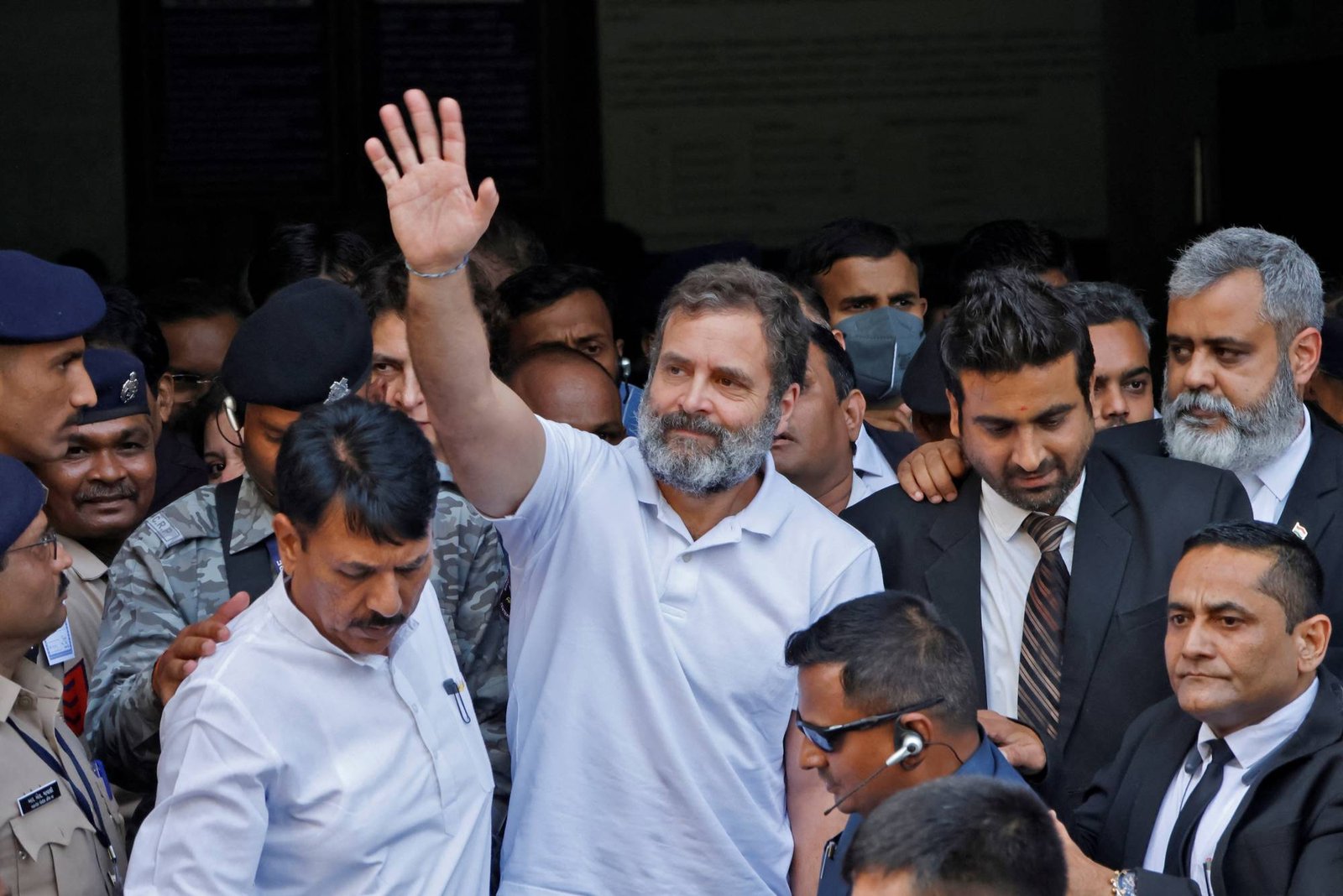The downfall of Xi Jinping’s football dream
Xi Jinping, the current President of China, announced in 2011 his ambitious plan to turn China into a global soccer powerhouse by 2050. However, a decade later, China’s progress in the sport has been slow, and the country has yet to qualify for the FIFA World Cup since its only appearance in 2002.
China’s ambitions to become a footballing superpower have come crashing down in the face of a decade of poor financial decisions, high-level corruption, and the Covid-19 pandemic. In 2011, Xi Jinping outlined a three-stage plan for China’s men’s national soccer team, which was to qualify for another World Cup, to host a World Cup, and to win a World Cup. However, despite a surge in spending that turned heads around the world, the Chinese Super League (CSL) has been spending more money on foreign players than it earned each year in the past 10 years.
Despite massive investments in soccer infrastructure and training programs, China’s national team has struggled to compete at an international level, and the country’s domestic league has been plagued by corruption scandals and financial difficulties. Moreover, the top Chinese soccer clubs have failed to attract top international talent, and the league’s level of play has been criticized as subpar.
Critics argue that China’s top-down approach to soccer development, where the government plays a significant role in directing resources and setting goals, has hindered the sport’s growth. They also point out that the country’s focus on achieving short-term success, such as hosting the 2022 Winter Olympics and winning medals at international events, has diverted attention and resources away from soccer.
Furthermore, China’s education system prioritizes academic achievement over athletic pursuits, leading to a lack of interest and investment in sports among Chinese youth. Additionally, soccer faces strong competition from traditional Chinese sports such as basketball and table tennis, which have a more established fan base and infrastructure.
In conclusion, Xi Jinping’s plan to turn China into a global soccer power has faced numerous challenges and setbacks, including a lack of grassroots development, corruption scandals, and a culture that places less emphasis on sports than academics. It remains to be seen whether China can overcome these obstacles and achieve its ambitious soccer goals in the coming years.
When Covid hit and the property market stalled, the funds from state-affiliated firms and developers dried up, and strict pandemic rules meant fewer fans watching live games. In turn, fewer sponsors invested in the clubs, leading to clubs struggling to pay wages. Many of the foreign players and coaches brought in to raise the standard of the domestic game left, citing the government’s strict Covid-19 stance, which made it difficult to see their families. As a result, the CSL’s 2023-24 season is starting with most teams still frantically finding replacements.



